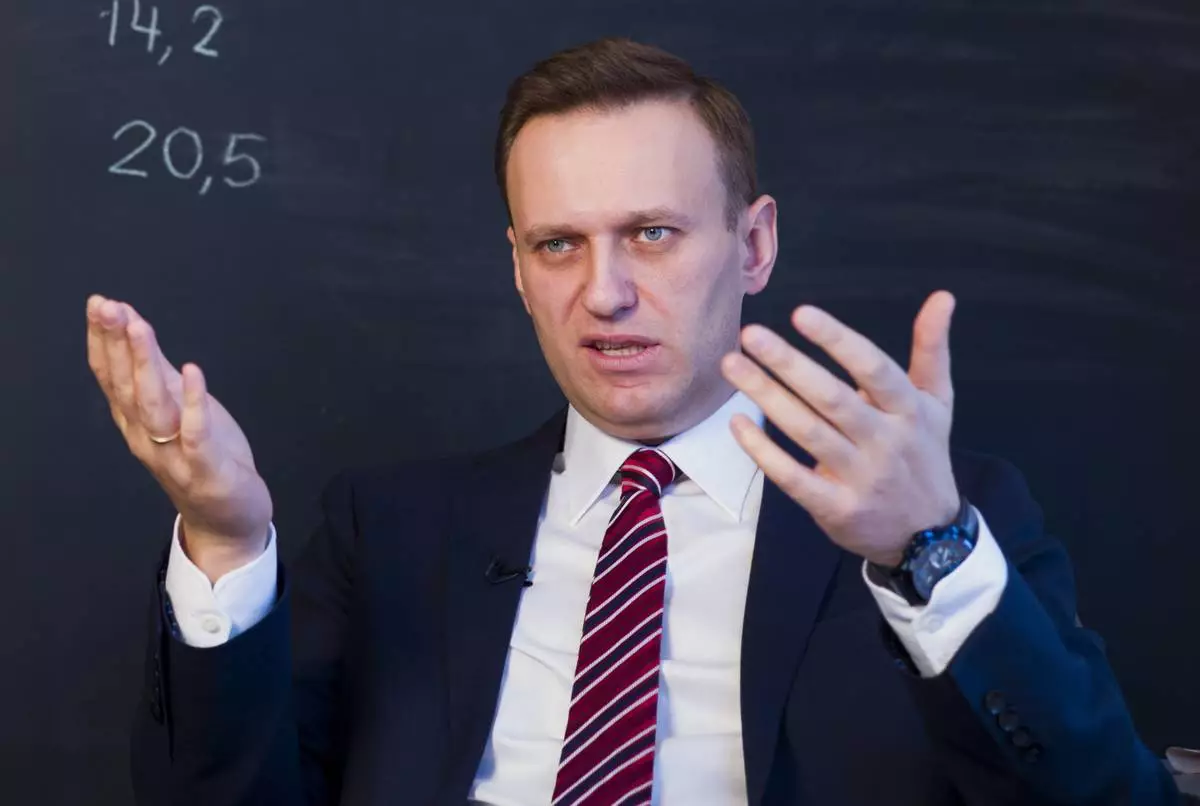Many attending U.S. Secretary of State Mike Pompeo's college lecture Friday in his home state of Kansas will be listening for clues about whether he might run for the Senate next year, though it could be many months before anyone finds out.
Three Democrats and four Republicans are already actively running for the seat held by Republican Sen. Pat Roberts, who isn't seeking a fifth term, and several others are expected to join them. Weeks after Pompeo said a run is "off the table," though, he is still creating a buzz and looming over the race, as only he has enough name recognition and support among Kansas conservatives to afford to wait until next June's filing deadline to decide.
If he does run, Pompeo would enter the race as the favorite.
"It's the Pompeo decision, and then everything else trickles down," said Joe Kildea, a vice president for the conservative interest group Club for Growth.
Other candidates don't have the luxury of waiting and the field is likely to grow even bigger, with GOP Rep. Roger Marshall of western Kansas expected to announce his candidacy Saturday at the state fair.
Pompeo isn't expected to directly address the speculation about his interest in running during his speech Friday at Kansas State University, but that hasn't stopped others from suggesting he's the person for the job. Senate Majority Leader Mitch McConnell identified Pompeo as his preferred candidate shortly after Roberts announced in January that he wasn't seeking re-election.
The GOP hasn't lost a Senate race in Kansas since 1932, but many Republicans worry about a repeat of the governor's race last year. Kris Kobach, a nationally known advocate of tough immigration policies, narrowly won a crowded primary, alienated moderates and lost to Democrat Laura Kelly. He launched his Senate campaign in July.
For Kobach's GOP detractors, Pompeo would solve their perceived problems. His entry would likely clear most of the Republican field, and GOP leaders believe Pompeo would have no trouble winning in November 2020, making it easier for Republicans to retain their Senate majority.
And WDAF-TV reports that Kansas' other senator, Republican Jerry Moran, told reporters Wednesday at a Kansas City-area event that he doesn't know Pompeo's current thinking, "but I wouldn't be surprised if he entered that race."
Fellow Republicans concede that Pompeo, a former congressman and CIA director, has reasons not to run, including the prestige that comes with being the nation's top diplomat. He's currently dealing with weighty issues such as new sanctions on Iran from the Trump administration, a tariff war with China and questions about whether hopes for nuclear talks with North Korea are fading.
"I think he can't say that he's wanting to run for Senate now," said Tim Shallenburger, a former two-term state treasurer and Kansas Republican Party chairman. "He's got to wait, and I think he can afford to wait."
Kobach, who served as Kansas' secretary of state but first built his national profile on immigration issues, has argued that as a Senate nominee, he'd benefit from the higher turnout that normally comes with a presidential election year and a greater focus on issues such as immigration. Some local Republican leaders agree and feel less anxious about Kobach possibly winning the nomination.
Other GOP candidates include Kansas Senate President Susan Wagle, Dave Lindstrom, a Kansas City-area businessman and former Kansas City Chiefs player, and Bryan Pruitt, a conservative gay commentator. Also, Marshall has been flirting with running for months, and other potential Republican candidates include Alan Cobb, president and CEO of the Kansas Chamber of Commerce, and Matt Schlapp, the American Conservative Union's president.
The Democratic candidates with active campaigns are former federal prosecutor Barry Grissom, and former Rep. Nancy Boyda and Usha Reddi, a city commissioner in the northeast Kansas city of Manhattan.
Don Alexander, a manufacturing firm owner who is the GOP chairman in Neosho County in southeastern Kansas, said it's early to be trying to size up the race, almost 11 months before the August 2020 primary. He said he and other Republicans trust Pompeo to "know where he's needed most."
"I'm sure the president doesn't want him to leave," said Helen Van Etten, a Republican National Committee member from Topeka.
But Van Etten said comments from Pompeo that he'll stay on as secretary of state as long as Trump will have him leave an "open door" for a Senate bid.
Some Republicans, such as Alexander, take Pompeo at his word that he won't run. Others, including Shallenburger, read Pompeo's statements as meaning he isn't interested right now but that he may reconsider if he doesn't like how the race develops.
"He can announce on the filing deadline and cause most of the people in there to get out," Shallenburger said.
Follow John Hanna on Twitter: https://twitter.com/apjdhanna










